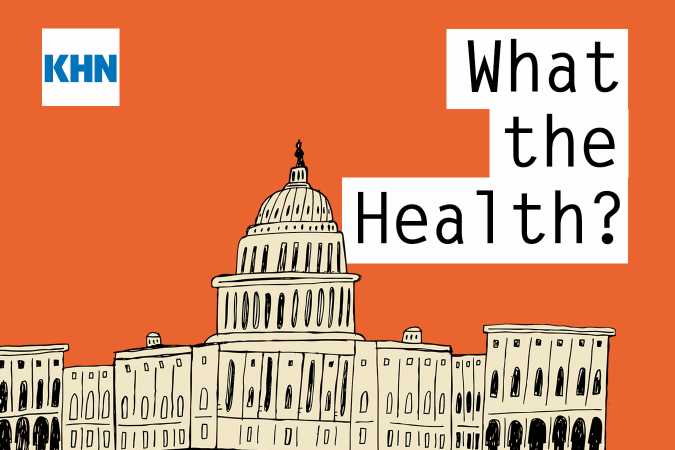The Host
The abortion debate has changed dramatically in the seven months since the Supreme Court overturned Roe v. Wade and its nationwide right to abortion. Nearly half the states have banned or restricted the procedure, even though the public, at the ballot box, continues to show support for abortion rights.
In this special two-part podcast, taped the week of the 50th anniversary of the Roe decision, an expert panel delves into the fight, the sometimes-unintended side effects, and what each side plans for 2023.
This week’s panelists are Julie Rovner of KHN, Alice Miranda Ollstein of Politico, Sandhya Raman of CQ Roll Call, and Sarah Varney of KHN.
Panelists
Among the takeaways from this week’s episode:
- Exemptions to state abortion bans came into question shortly after the Supreme Court’s decision to overturn Roe, with national debate surrounding the case of a 10-year-old in Ohio who was forced to travel out of state to have an abortion — although, as a rape victim, she should have been able to obtain an abortion in her home state.
- The restrictions in many states have caused problems for women experiencing miscarriages, as medical providers fear repercussions of providing care — whether affecting their medical licenses or malpractice insurance coverage, or even drawing criminal charges. So far, there have been no reports of doctors being charged.
- A Christian father in Texas won a lawsuit against the federal government that bars the state’s Title X family-planning clinics from dispensing birth control to minors without parental consent. That change poses a particular problem for rural areas, where there may not be another place to obtain contraception, and other states could follow suit. The Title X program has long required clinics to serve minors without informing their parents.
- Top abortion opponents are leaning on misinformation to advance their causes, including to inaccurately claim that birth control is dangerous.
- Medication abortion is the next target for abortion opponents. In recent months, the FDA has substantially loosened restrictions on the “abortion pill,” though only in the states where abortion remains available. Some opponents are getting creative by citing environmental laws to argue, without evidence, that the abortion pill could contaminate the water supply.
- Restrictions are also creating problems for the maternal care workforce, with implications possibly rippling for decades to come. Some of the states with the worst maternal health outcomes also have abortion bans, leading providers to rethink how, and where, they train and practice.
- Looking ahead, a tug of war is occurring on state and local levels among abortion opponents about what to do next. Some lawmakers who voted for state bans are expressing interest in at least a partial rollback, while other opponents are pushing back to demand no changes to the bans. With Congress divided, decisions about federal government spending could draw the most attention for those looking for national policy changes.
Also this week, Rovner interviews Elizabeth Nash, who tracks state reproductive health policies for the Guttmacher Institute, a reproductive rights research group.
Credits
To hear all our podcasts, click here.
And subscribe to KHN’s What the Health? on Spotify, Apple Podcasts, Stitcher, Pocket Casts, or wherever you listen to podcasts.
Source: Read Full Article
